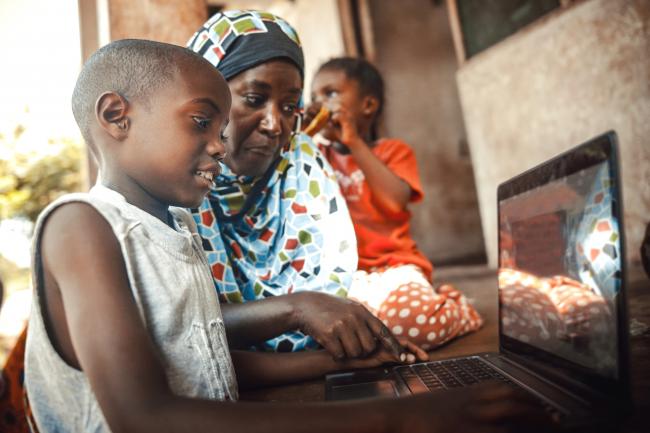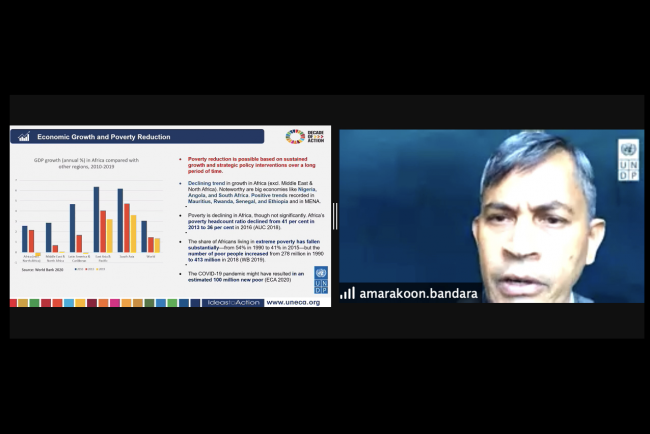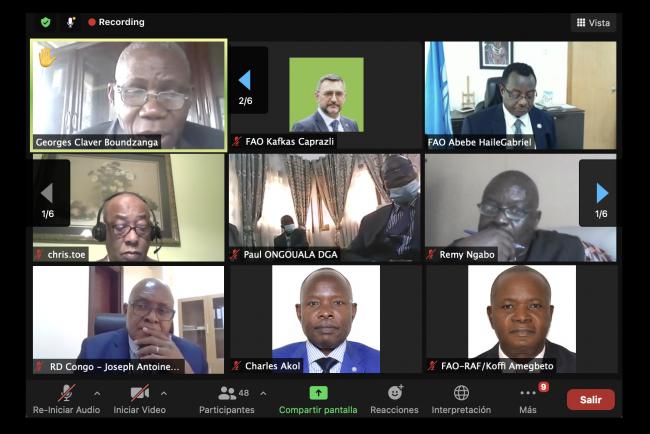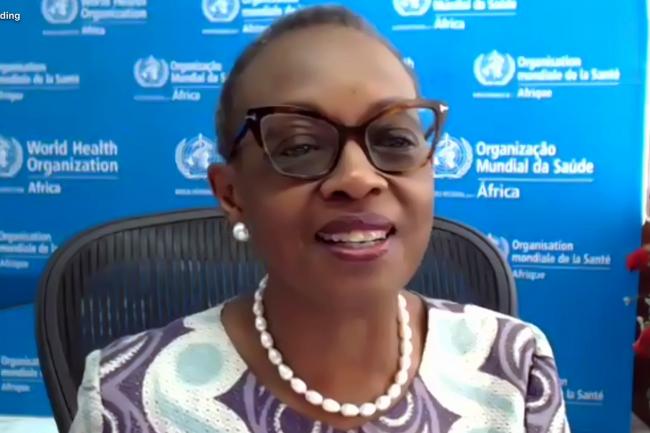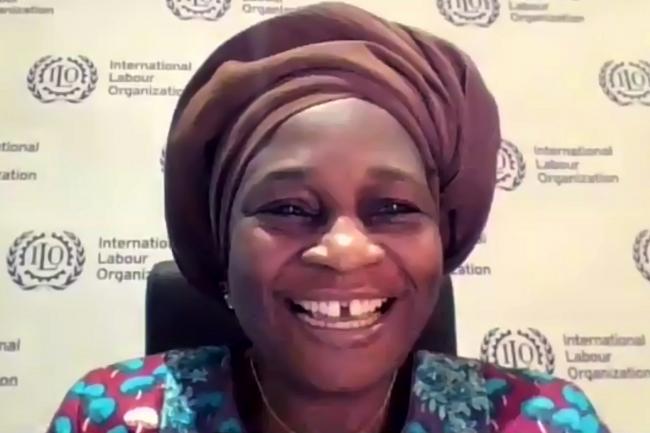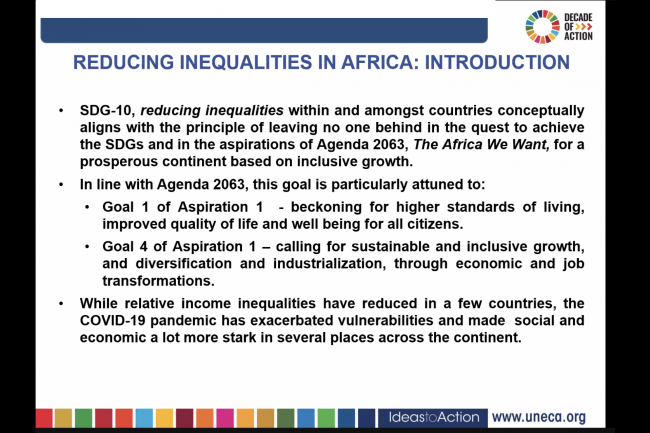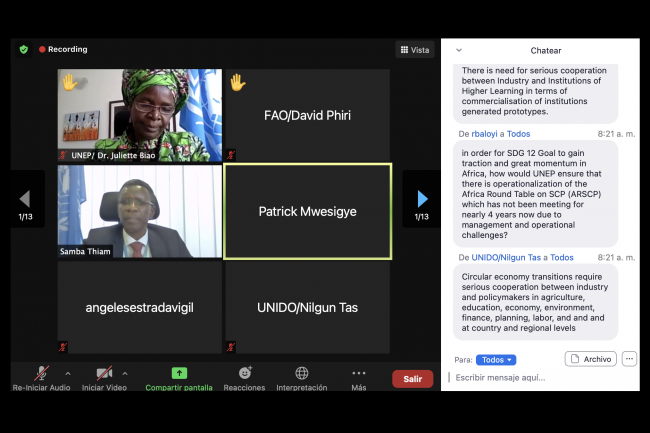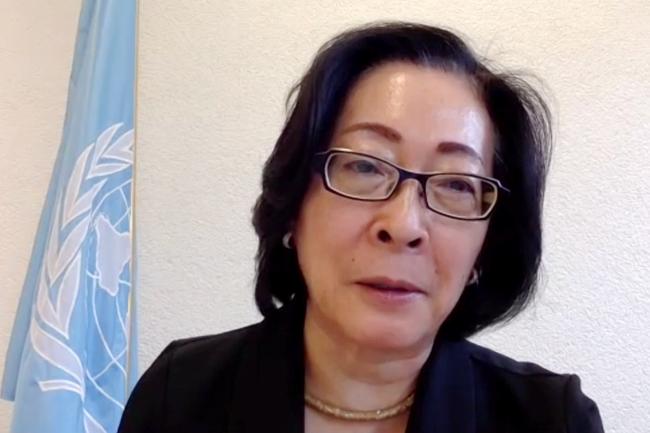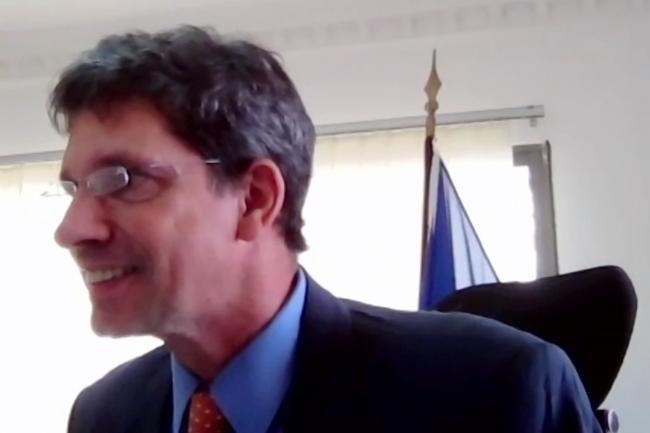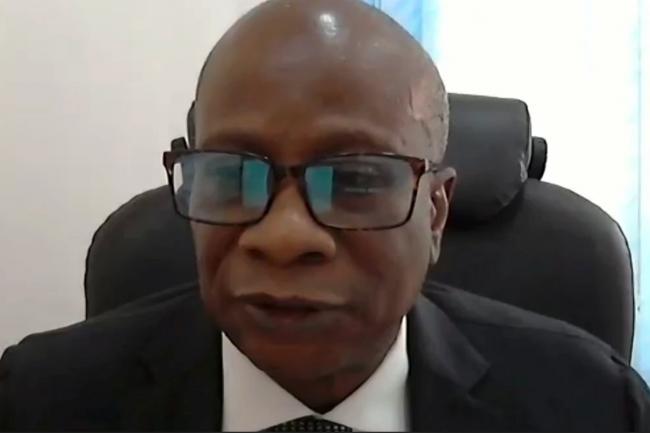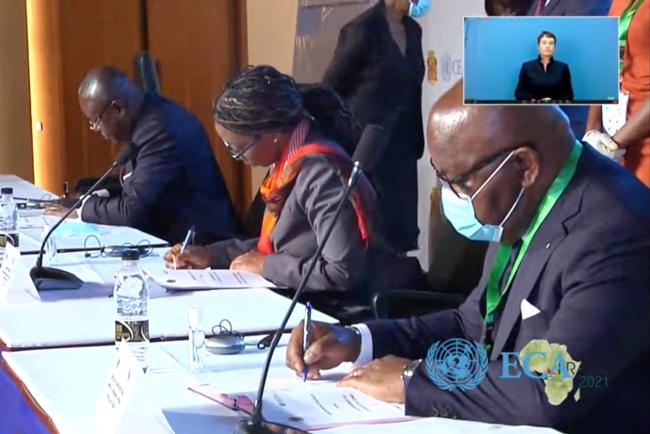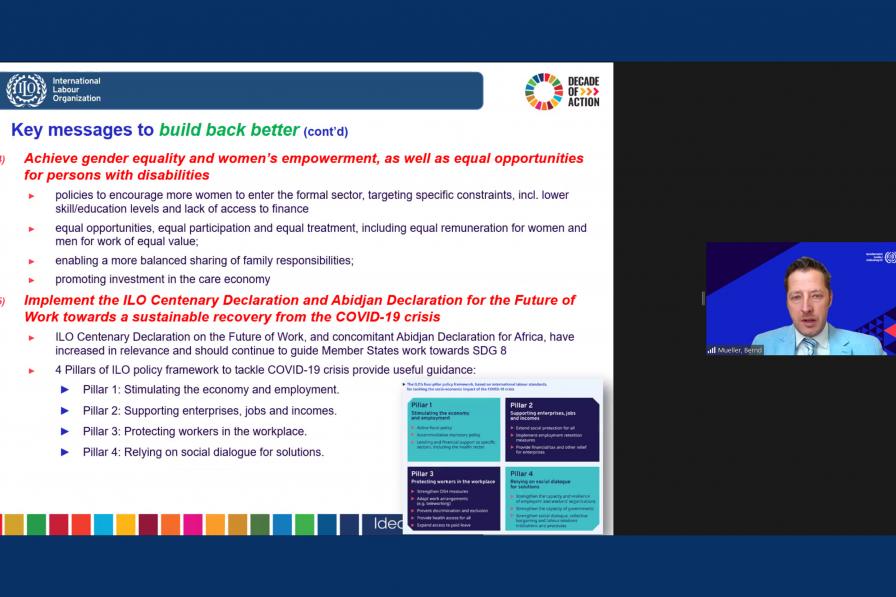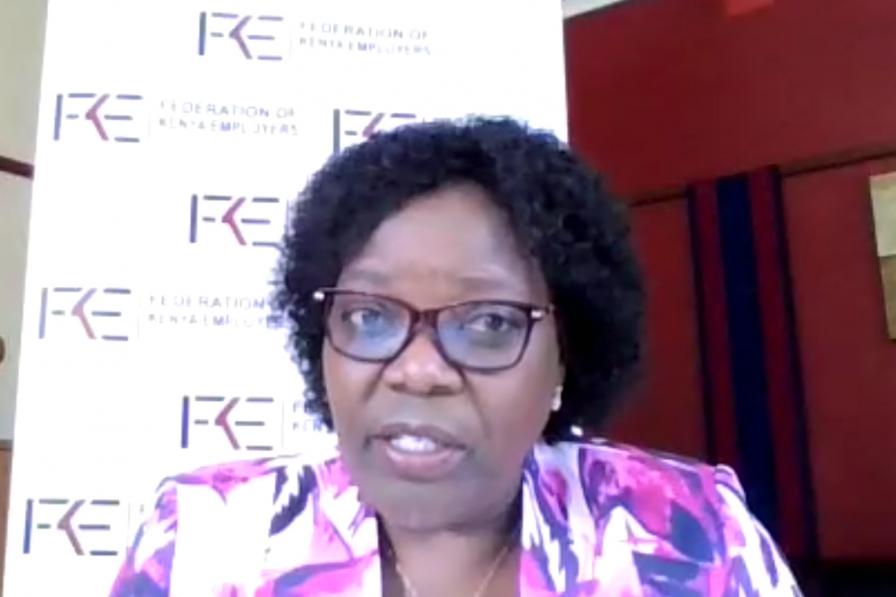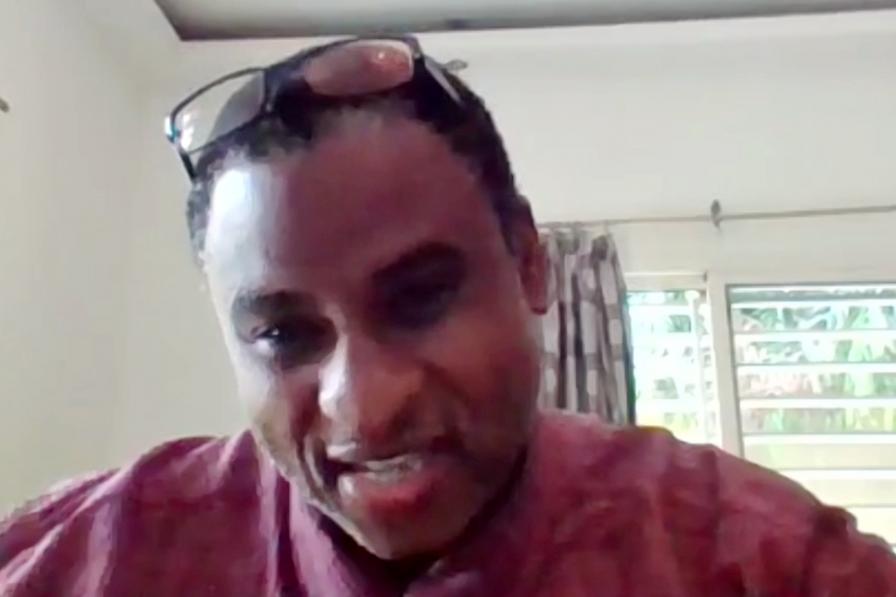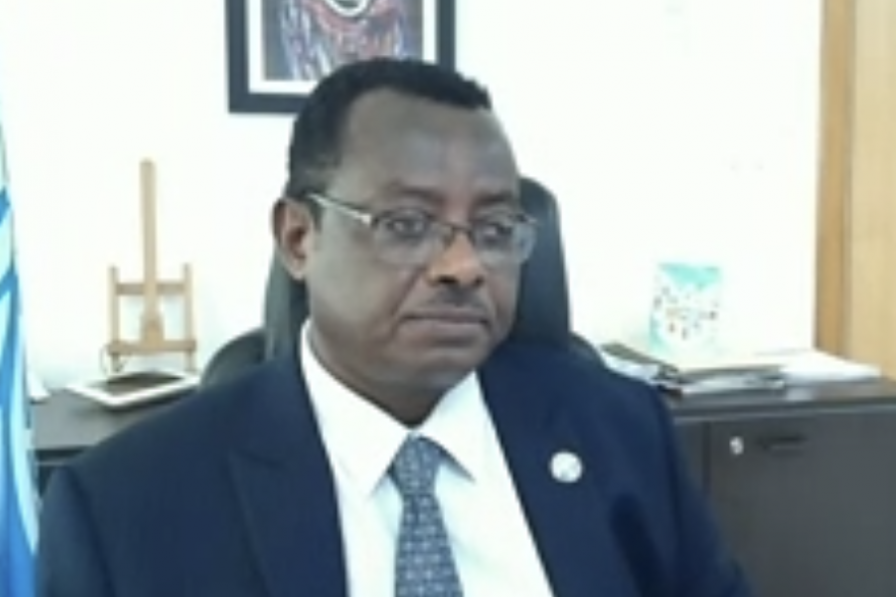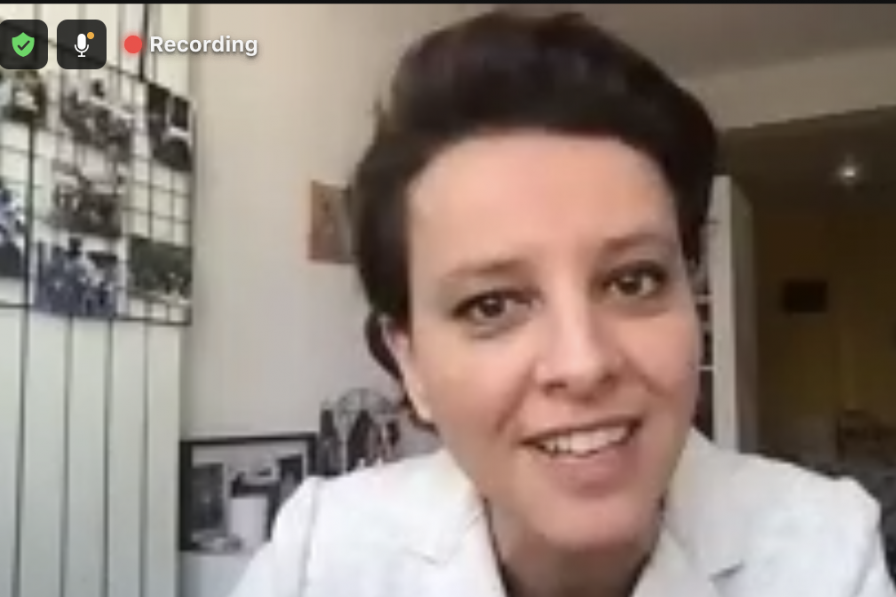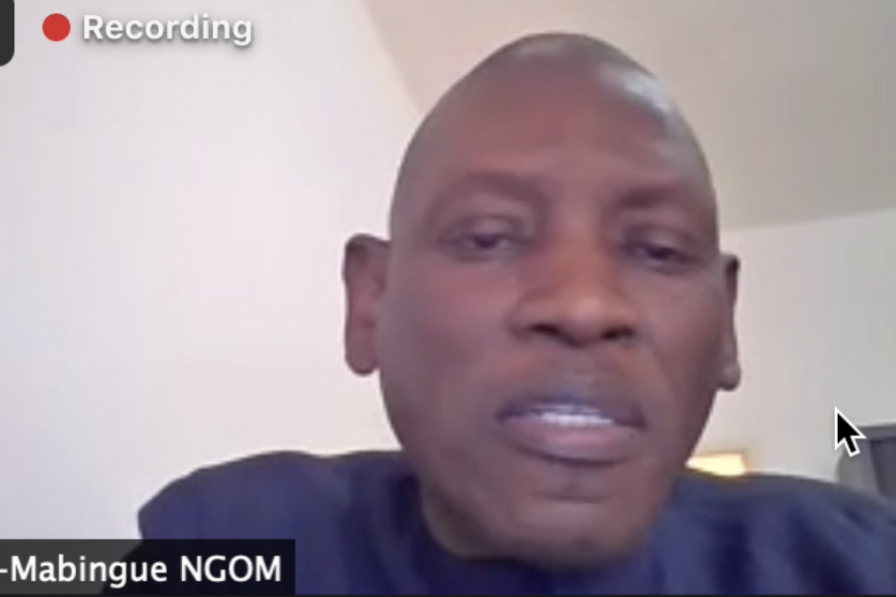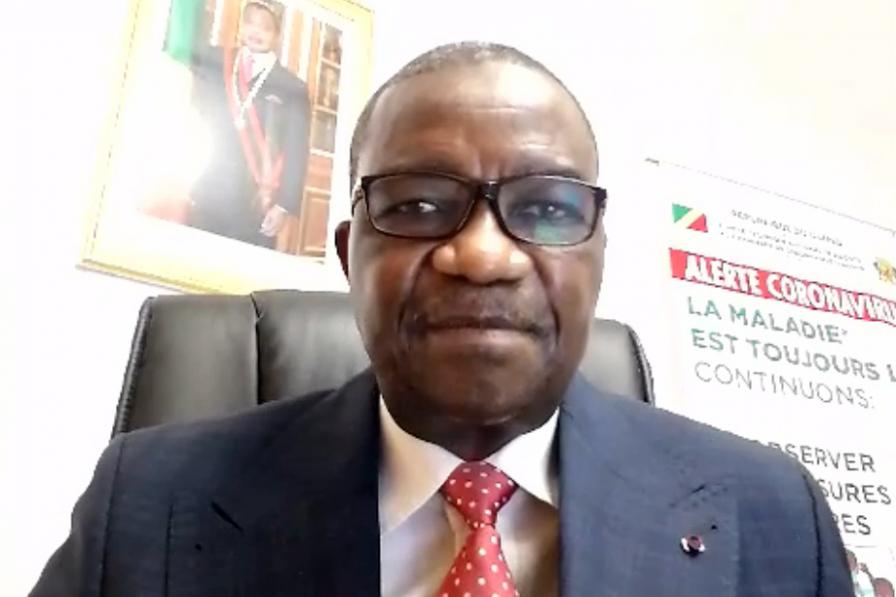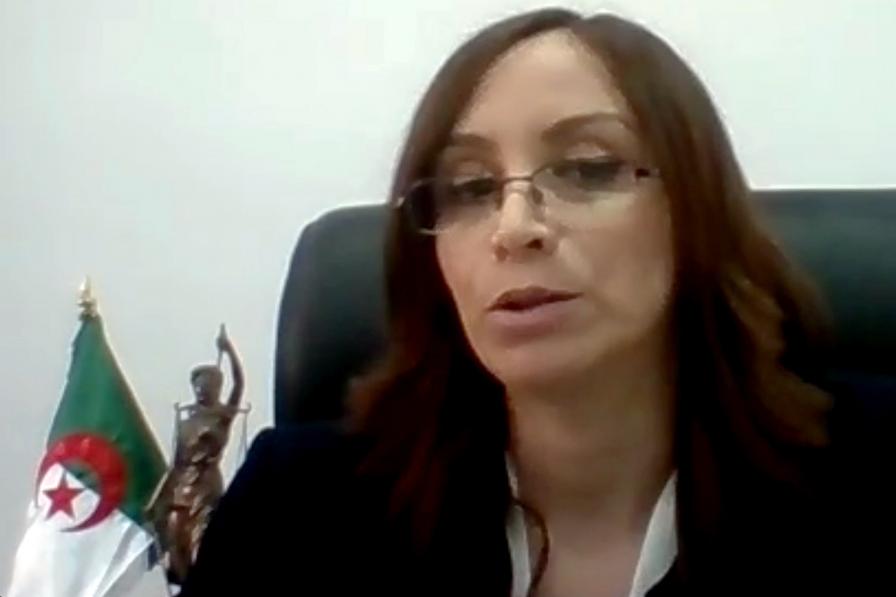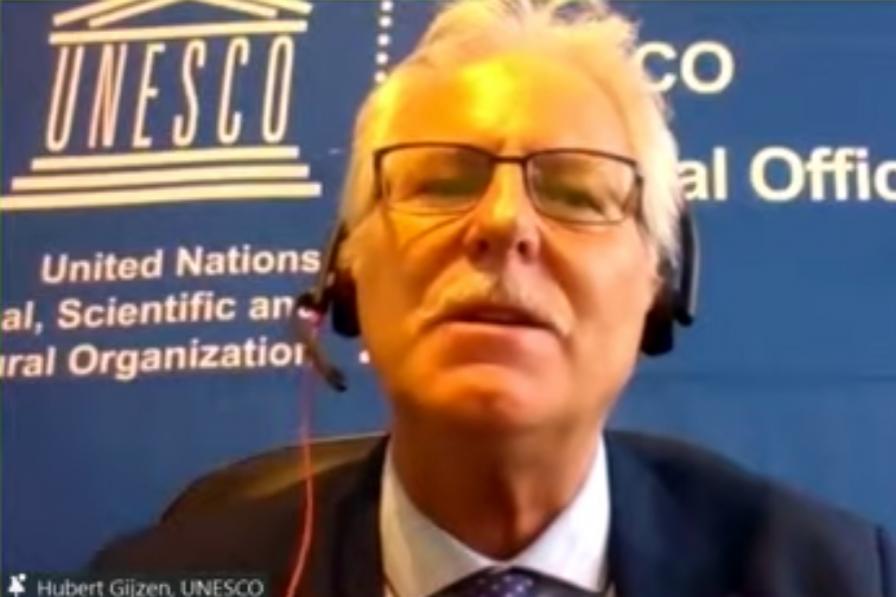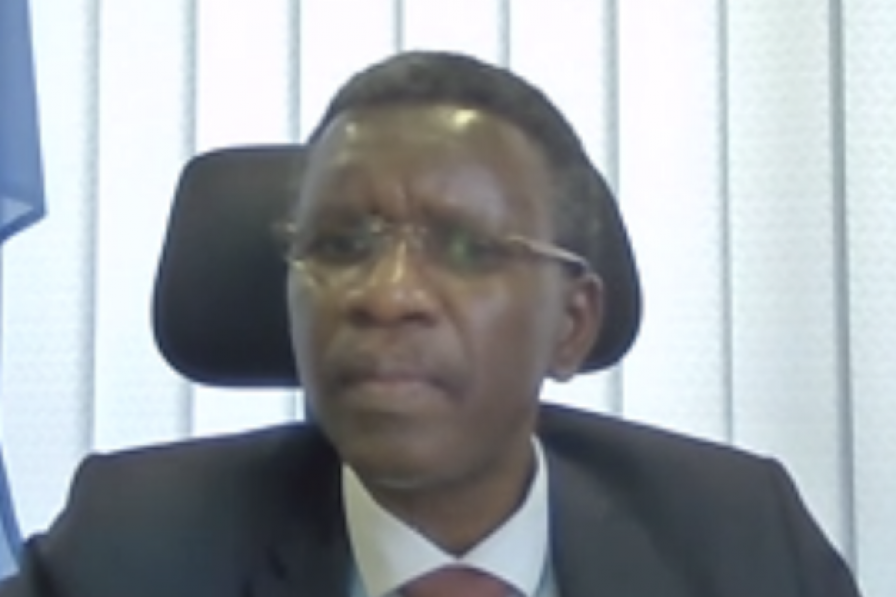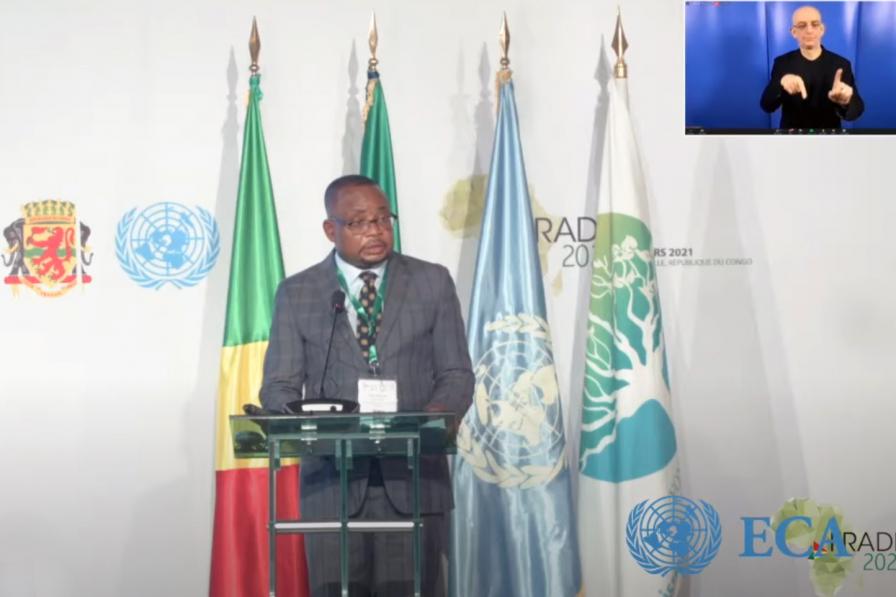The Seventh Session of the Africa Regional Forum on Sustainable Development (ARFSD-7) continued on Wednesday to deliberate on the subthemes of the Forum. Participants discussed ways to leverage science, technology, innovation, and digital transformations for a resilient and sustainable recovery from the COVID-19 crisis and to achieve the goals of the UN Decade of Action and Delivery for Sustainable Development in Africa. The Forum also held its official opening session.
Parallel Meetings on the Nine Sub-themes of the Forum: Parallel meetings convened to identify and articulate policy options and other measures for building forward better and accelerating implementation of the 2030 Agenda and the African Union’s Agenda 2063.
No Poverty (SDG 1): This session opened with Amarakoon Bandara, UN Development Programme (UNDP), presenting key findings from the report, “SDG 1: End poverty in all its forms everywhere.” In their interventions, panelists highlighted inclusive economic growth reaching all communities is necessary to achieve poverty reduction targets.
Abebe Shimeles, African Economic Research Consortium, noted that evidence suggests countries able to sustain 6-7% GDP growth for eight years in a row make significant gains in alleviating poverty.
Participants also debated encouraging domestic resource mobilization to redistribute wealth, and supporting transformative international reform of corporate tax systems. Several speakers underscored social protection programmes represent investments in human capital and build social resilience.
Zero Hunger (SDG 2): This session reflected on the persistent fragility of food systems on the African continent, noting COVID-19 response measures have created additional challenges. Several speakers called for seizing opportunities provided by the African Continental Free Trade Area (AfCFTA), which entered into force in January 2021, to sustainably transform food systems in Africa.
Chris Toe, World Food Programme (WFP), noted some tax regimes favor foreign over domestic investments in the agriculture sector, and called for supporting smallholder farmers.
Discussions also addressed the contribution of women to household food security and the need to better use non-timber forest products, such as fruits and mushrooms, to enhance nutrition.
Good Health and Well-being (SDG 3): Presentations during this session highlighted positive progress in achieving SDG 3, particularly in low-income countries, and the consequential narrowing of the gap between high- and low-income countries. Panelists noted that COVID-19 has undermined progress, but has also created opportunities through capacity building, improvement of emergency care facilities, and funding for recovery strategies.
Participants also called for increased focus on youth and noncommunicable diseases. They noted that HIV-AIDS is an ongoing pandemic in the region, cautioning against diverting HIV-AIDS funding to COVID-19 recovery strategies.
Decent Work and Economic Growth (SDG 8): Panelists discussed the need for a structured, just transformation to create the jobs Africa needs, emphasizing private-public sector engagement and creating an enabling environment for business. Other issues raised included mainstreaming decent jobs in macroeconomic policies, providing young people with appropriate skills, the importance of a social contract, and formalizing the labor market.
Reduced Inequalities (SDG 10): Participants reflected on interlinkages between poverty and inequality. Phumza Manqindi, International Organization for Migration (IOM), underscored COVID-19 has led to increasing job losses and unemployment, driving further income and societal inequalities. Speakers highlighted the need to promote inclusivity in building back better and advance poverty reduction efforts in COVID-19 recovery.
Panelists also discussed progress made in empowering women and youth, and acting on climate change to avoid exacerbating threats to vulnerable communities. Participants underscored improving productive capacities and fostering political will as key to reduce long-standing inequities.
Responsible Consumption and Production (SDG 12): Participants discussed pathways to reduce resource consumption and foster the transition to more inclusive and greener economies. They converged on the need for change at all levels.
Participants heard about Morocco’s legislative work on extended producer responsibility, and discussed businesses’ responsibility to foster recycling potential at the product design stage.
Discussions also addressed enhancing awareness on sustainable lifestyles. Juliette Biao Koudenoukpo, UN Environment Programme (UNEP) Regional Director for Africa, urged African governments to live up to their commitments on increasing investment in research and development.
Climate Action (SDG 13): Participants took note of the background report for the session which highlighted how climate change is disproportionately affecting Africa, compounded by the continent’s vulnerability, low adaptive capacity, and restricted access to finance. Speakers noted the importance of climate information, given the role agriculture plays in African economies, placing emphasis on digital dissemination.
Participants acknowledged innovative efforts by the African Development Bank (AfDB) to address the financing gap, as well as efforts to support implementation of nationally determined contributions, and raised the need to “demystify” climate funding. One panelist stressed the need to ensure that resources target the most vulnerable, and that post-COVID-19 recovery does not exacerbate inequalities.
Presentations featured on-the-ground examples from Burkina Faso relating to UN activities aimed at reducing vulnerabilities, as well as experiences from Morocco and the Republic of Congo.
Peace, Justice and Strong Institutions (SDG 16): Participants considered how African countries can close the “justice gap” to ensure no one is left behind and to achieve the targets of SDG 16. They also discussed how accountability and transparency of institutions can be used to strengthen resilience to shocks and disasters in Africa.
One panelist noted there was an exponential increase in the amount of civil unrest and internally displaced refugees between 2011-2018.
Another observed that reductions in international assistance for counter-terrorism as a result of COVID-19 are counter-productive in the long term.
Panelists also reflected on the African continent losing over USD 88 billion annually in illicit financial flows, resulting in decreased funds to finance development. Many panelists noted the slow progress in promoting the rule of law, and the critical need to improve accountability.
Partnerships (SDG 17): Participants considered the findings of the report, “Revitalizing partnerships to promote post-pandemic recovery: building back better and accelerating sustainable development,” noting the increasing financing deficit and increased debt as a constraint to achieving the 2030 Agenda and Agenda 2063.
They also discussed the findings of the Independent Evaluation Group’s first systematic assessment of the World Bank Group’s approaches to private capital mobilization, noting that partnerships are an effective way of unlocking diverse funding mechanisms.
Speakers highlighted the importance of gender equality in decision making, and identified new avenues of partnership with women’s professional networks.
Participants took note of the importance of digital transformation, brought to the fore by the pandemic, to combat challenges in education, health, food, and free trade in the continent.
Plenary Round-table Panel on Leveraging Science, Technology, Innovation and Digital Transformation: The plenary roundtable addressed transformations needed for a resilient and sustainable recovery from the COVID-19 crisis and realizing the Decade of Action in Africa.
Cristina Duarte, Under-Secretary-General and Special Adviser on Africa, stressed that curbing illicit financial flows should be seen as the “low-hanging fruit,” and underscored that if this is corrected, countries will have significantly more capacity to “finance from within.”
Others underscored the need to fast track renewable energy and information and communication technologies across the continent to enable “a multitude of local spin-off activities.”
Opening ceremony
Denis Sassou Nguesso, President of the Republic of Congo, opened the meeting. The Forum heard from various dignitaries, including Vera Songwe, Executive Secretary, UNECA, who emphasized the need for green post-COVID-19 recovery strategies.
Amina Mohammed, UN Under-Secretary-General, underscored that COVID-19 vaccines must be viewed as a “global public good,” and that the COVAX Facility is our vehicle for delivering it. She noted the facility will provide a further 600 million doses to Africa by the end of 2021.
